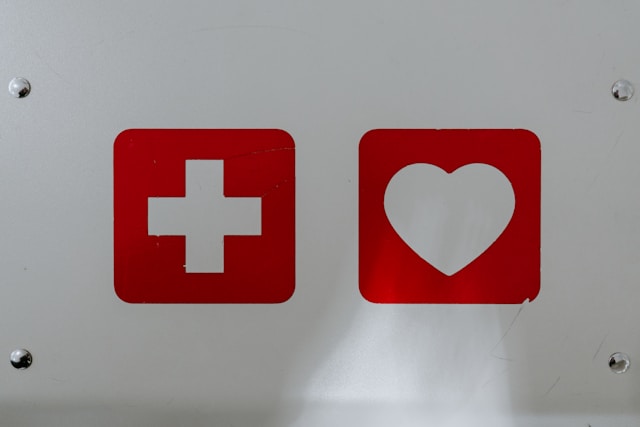Emergencies are unpredictable, surfacing without a moment’s notice, and in these critical moments, the ability to respond swiftly and effectively is crucial. Whether it’s a sudden cardiac arrest at the workplace or a severe injury during a weekend family outing, the initial minutes following an emergency are critical. The prompt response can mean the difference between life and death, making skills in CPR and first aid not only beneficial but essential for everyone, not just healthcare professionals.
Among the myriad certifications available, CPR and first aid certification stands out as a fundamental life-saving skill set. It covers a broad range of techniques that can help preserve a life, prevent a condition from worsening, or even promote recovery. Understanding how to properly administer CPR or how to effectively stop bleeding are invaluable skills that apply across numerous scenarios, from the home to public places.
Life-Saving Skills That Everyone Can Learn
CPR (Cardiopulmonary Resuscitation) and first aid are skills anyone can learn, regardless of background or profession. Training courses are designed to be accessible, providing step-by-step instructions through hands-on practice. Participants learn to react calmly and efficiently by simulating emergency scenarios, making these courses informative and transformative. From learning how to perform chest compressions to applying bandages correctly, the course content is designed to be comprehensive and easy to understand.
Boosting Confidence in Emergency Situations
One of the most significant benefits of obtaining first aid and CPR certification is its confidence boost. Knowing the correct procedures and having practiced them can reduce panic and hesitation in real-life emergencies. Certified individuals are more likely to step forward and take action when faced with situations like choking, bleeding, or someone who has fainted. This confidence affects the immediate situation and enhances the individual’s overall sense of security in daily life.
Enhancing Employment Opportunities
In many professions, CPR and first aid certification is recommended and required. Employers value these certifications as they contribute to a safer working environment. For those in education, sports, or any field involving physical activity and groups of people, being certified can make a crucial difference in job prospects and workplace safety. Furthermore, these credentials often signify a candidate’s dedication to professional development and personal responsibility, highly regarded in any field.
Promoting a Safer Community
Beyond personal benefit, those certified in CPR and first aid also contribute to the safety and well-being of their communities. They become part of a growing network of first responders who can support not only in dire situations but also in less critical conditions that require first aid knowledge. This communal benefit strengthens the overall health and resilience of neighborhoods and cities. Additionally, community events, public gatherings, and family reunions become safer when participants are trained to handle potential emergencies.
Preparation for the Unexpected
One of the core advantages of opting for such programs is the preparedness they instill for unforeseen events. Whether it’s an accident at home, such as a fall, a severe allergic reaction, or an incident in a public space, certified individuals are equipped with all the necessary skills to manage a variety of emergencies. This readiness can be particularly reassuring in environments where accidents are more prone, such as schools, sports facilities, and senior homes. The peace of mind that comes with this preparedness is invaluable, assuring one can handle emergencies effectively and safely.
The benefits of obtaining CPR and first aid certification are extensive and impactful. The advantages are profound, from enhancing personal confidence and safety to improving employment prospects and fostering a community-oriented mindset. By embracing these skills, individuals enhance their lives and contribute significantly to the safety and well-being of those around them. This dual preparedness enriches the lives of all involved and fosters a more resilient society.


